As millennials, we view community through a global lens. We also understand the impact that can be made by organizing and rallying behind important causes. Philanthropy, social justice, and climate advocacy have been core belief values for many in this generation. And as millennials begin to grow in both career and finances, some are looking for ways to further give to causes that are important to them.
Financial Haus’ Founder and CEO, Kev Baker, says that philanthropy is a component to numerous financial plans for clients throughout the firm. “We’re a generation of action-takers,” he says. “And because so many of us are ‘plugged-in’ to what is happening around the world and around our communities, it’s easy to see the need as well as the positive impact getting involved can have – whatever cause you are passionate about.”
He suggests that adding charitable giving as part of a client’s financial plan may, in some cases, provide added, and sometimes unexpected, benefits outside of the initial contribution.
Obviously every person’s situation is different and unique, and your Financial Haus advisor will discuss your unique situation and goals with you before making any recommendations, but Baker admits that some clients have been pleasantly surprised to find that they can reach their own personal financial goals, while also contributing to causes which are important to them.
“We are looking at your entire financial picture and discussing your individual goals when developing your plan,” he says. “With proper planning, time, and discipline you may find you can make more of an impact than you thought.”

Chief Development Officer, Sharp Healthcare Foundation for Coronado Hospital Foundation
But gifts of cash are not the only way to financially support a charity. In fact, a significant amount of financial contributions are not donated via cash, according to Nora Boswell Allen. As Chief Development Officer of the philanthropic foundation for Sharp Coronado Hospital outside of San Diego, she says there are many ways to support an organization, even ones that might financially benefit the donor.
“We do see a lot of year-end giving (at the foundation) from individuals looking to remain in a certain tax bracket,” she says. “But we also accept donations of assets. Gifts of stocks, for example, which may potentially help the donor reduce their capital gains tax liabilities are common.” And most well-established 501(c) organizations are equipped to accept donations of assets.
For individuals who are particularly passionate about contributing to an organization, especially long-term, Boswell-Allen stresses that building a strong relationship with both a financial advisor and the organization’s development officer is key. Think of them as another component to your financial team. Along with a certified tax consultant, each member of your financial advisory team can strategize options to help you meet your goals.
“The assets you build and acquire over the years can have intentioned meaning and impact – more so than you may initially think,” she says. “Your financial advisor can help you to make a real impact in this world. And you might find that you’re able to do things you never thought were possible.”
Financial Haus is not affiliated with the Sharp Coronado Hospital.
